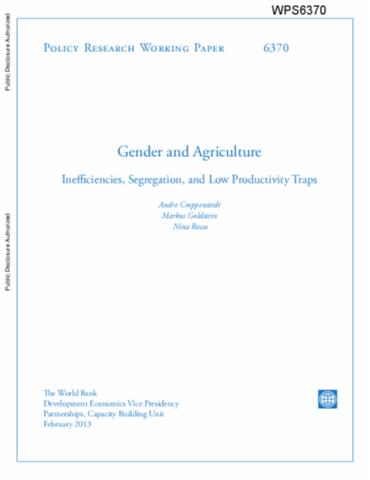STUDY REPORT ON THE REVIEW OF LAWS ON SUCCESSION IN UGANDA
The Uganda Law Reform Commission with support from the Justice Law and Order Sector undertook a study to review the laws of succession in Uganda. The purpose of the study was to ensure among others that; the provisions of the laws of succession are in conformity with the 1995 Constitution of the Republic of Uganda, national laws and international and regional human rights standards and practices, are up to date with the changing socio‐ economic circumstances of Uganda, and that the law is accessible to the people and its implementation can be better realised.



